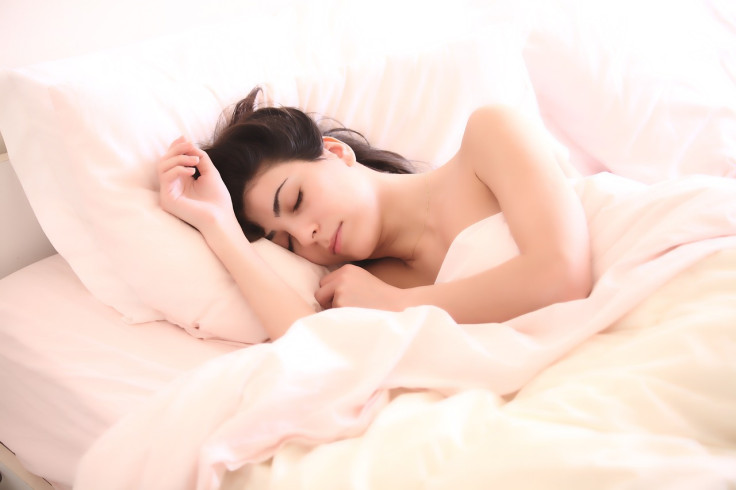Smart light bulbs may help reset body clocks put out of whack by a busy lifestyle
A smart bulb can help stimulate the body's internal clock or circadian rhythm by discreetly alternating between the various wavelengths of light.
The fast-paced lifestyle of many today is among the causes of sleep disruption. There are times when you may have tossed and turned at night, and when the morning rays reached your window, you felt that you barely slept at all. A lot of people have to deal with this, thankfully, scientists have found a possible solution to help get your body clock back on track and a smart bulb is at the forefront.
A study by researchers from the University of Washington, published in Current Biology titled, "A Colour Vision Circuit for Non-Image-Forming Vision in the Primate Retina," revealed that the cells of the eyes respond to various coloured lights. The eyes then send signals to the brain that regulates the body's circadian rhythm, which is the body's sleep-wake cycle.
Joey Chan, a Chinese University of Hong Kong associate professor of psychiatry said that the circadian rhythm, also referred to as the body's internal body clock, runs in 24-hour cycles. She also said that the circadian rhythm of individuals is different, which explains why there are individuals who prefer staying awake at night, and there are also those called the "morning persons." The circadian rhythm does not only affect sleep but also affects memory, mood, and even physical performance.
Chan further explained that the environmental stimulus triggers the circadian rhythm. Most important among the stimuli in the environment is light. When people are exposed to light, the sleep hormone melatonin is suppressed. This is also the reason why using the phone before bedtime or watching TV can adversely impact sleep.
The University of Washington researchers discovered that the light at sunrise and sunset creates a huge impact on the centres of the brain that regulate the body clock. They found that yellow light and the long-wavelength orange, together with the contrasting violet light play a huge role in the body's circadian rhythm. This denotes that the eyes are not only meant for vision but also contributes to how the body's circadian rhythm works.
The university licensed the technology to a light company TUO based on the findings of their research. TUO created a smart bulb, which utilises various types of light to help the body wake up or wind down.
David Basken, CEO and co-founder of TUO, said that the bulb can help stimulate the body's internal clock or circadian rhythm by discreetly alternating between the various wavelengths of light. All that users have to do is to use an app to connect to the smart bulb and set their sleep preferences that would suit their schedules.
© Copyright IBTimes 2024. All rights reserved.























